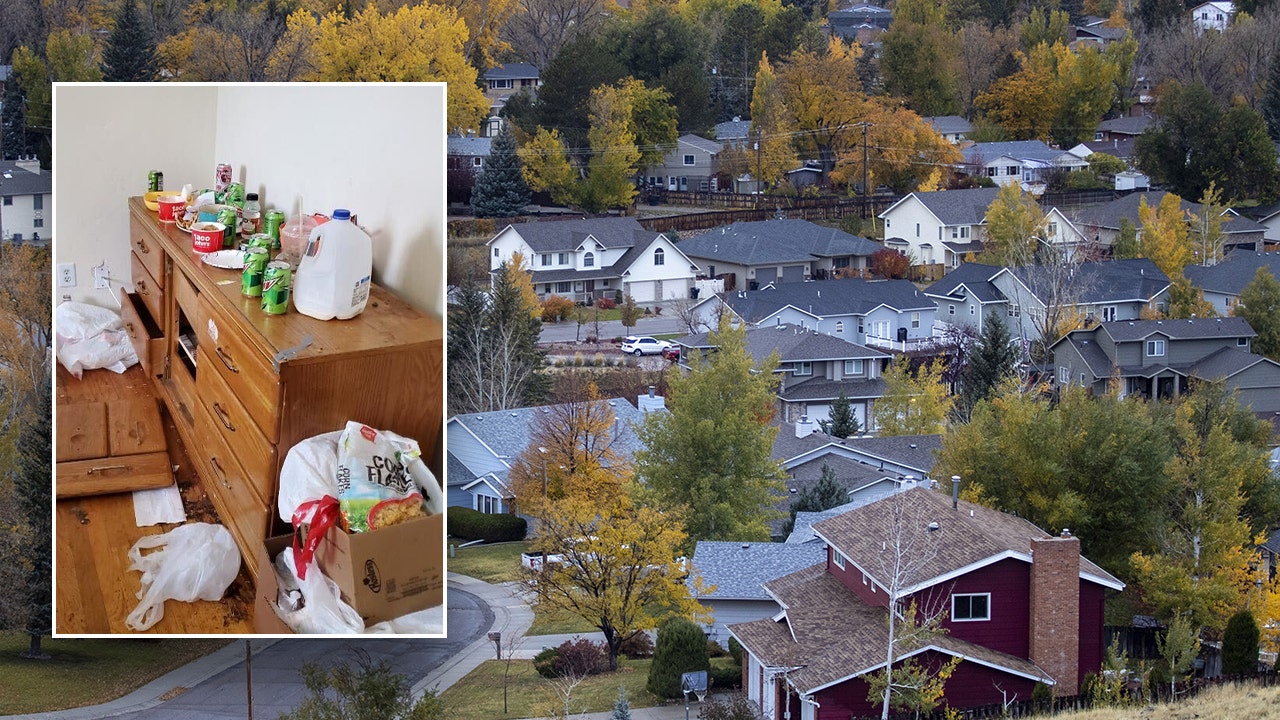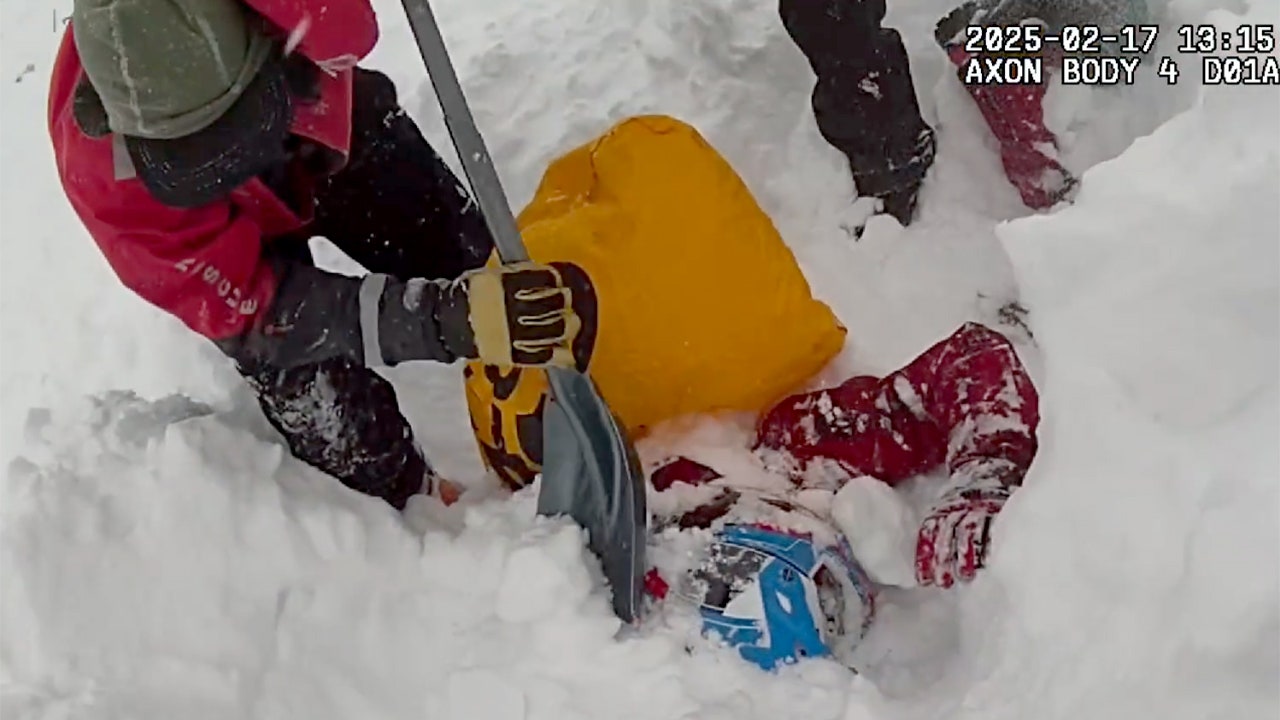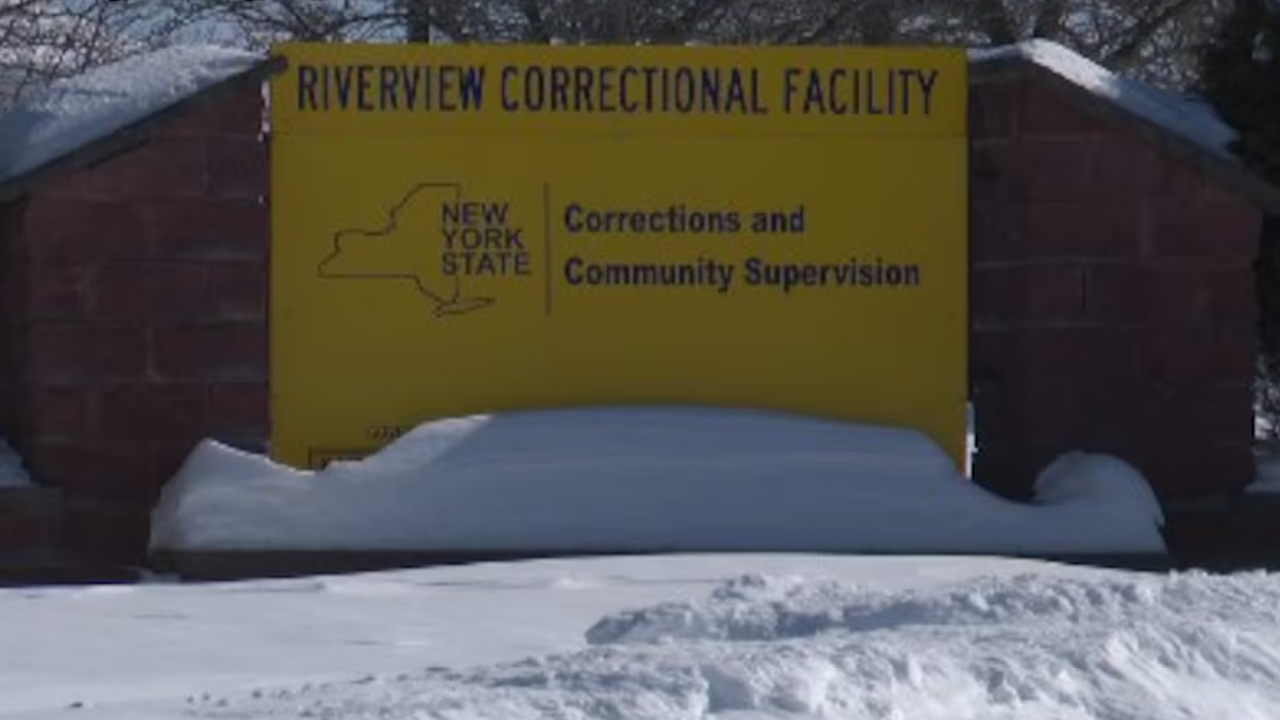Squatters Meet Resistance in Wyoming: Homeowners to Gain New Protections
Wyoming is the latest state to push legislation giving homeowners and law enforcement teeth against squatters, following New York, Florida and Georgia.
Approved 10-4 by the state legislature’s Joint Judiciary Committee, the bill now needs to be approved on the state Senate floor. If passed into law, the bill would make squatting that involves property destruction a felony offense punishable by up to 10 years in prison and a $10,000 fine.
This new law could change the landscape for homeowners dealing with unauthorized residents. It includes provisions that allow property owners to enlist law enforcement to remove these unauthorized occupants, assuming there’s no legal contention over the property. This change comes in response to the ever-increasing frustrations of homeowners in Wyoming who, like many across the country, often find law enforcement powerless in these situations, directing them instead towards civil court.
A Shocking Encounter Pushes for Change
Ronna Boril, a seasoned realtor from Casper, has spent decades facilitating home sales only to be confronted with a nightmare that turned her perspective on the need for this legislation. After mistakenly believing a rental property was empty, she entered to find a stranger standing at the top of her stairs—a moment that would lead to an alarming revelation about squatting in her community.
“The footsteps startled me,” she reflected. “I thought the place was vacant, and suddenly, there he was. ‘Who are you and what are you doing here?’ he asked. I could only reciprocate the bewilderment.” In an unsettling sequence, five more men emerged, suggesting they had a lease but unable to provide any proof. Confident in her ownership since the ’80s, Boril quickly sought assistance but was met with disappointment from local law enforcement. They advised her to pursue the matter through civil channels.
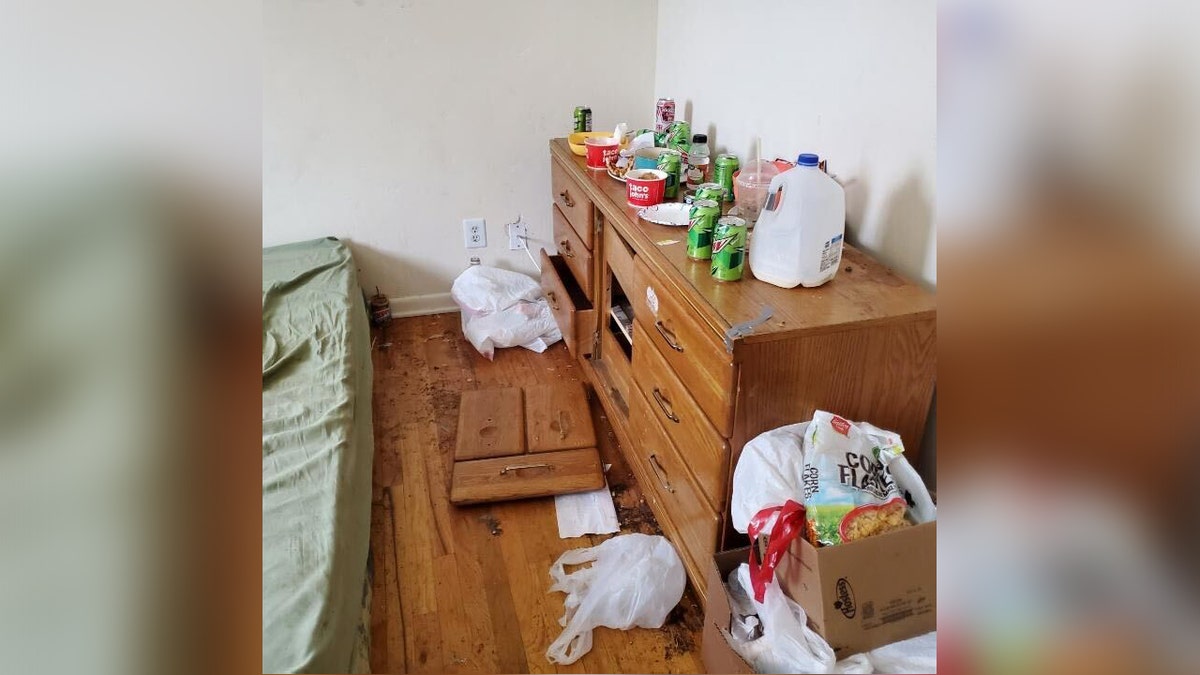
The Aftermath of Intrusion
The next day, accompanied by a friend, Boril returned to her property only to discover a scene that would haunt her—a house left in shambles. “It was horrifying. Filthy clothes, dirty mattresses, and the remnants of lives disrupted littered the floors. That cleanup? It cost me dearly, about $15,000 to $18,000,” she recounted, her voice a somber reminder of the financial toll such experiences can exact.
In her dismay, she reached out to State Senator Jim Anderson. Surprisingly, they both uncovered that the issue of squatting wasn’t just a coastal dilemma. “I heard from others with similar stories—it seemed to be pervasive across the state,” Boril said, shaking her head in disbelief. “In our own community of Casper, I never realized the extent of it.” It’s not merely a legal issue; it’s a very real struggle for those invested in maintaining their homes and livelihood.
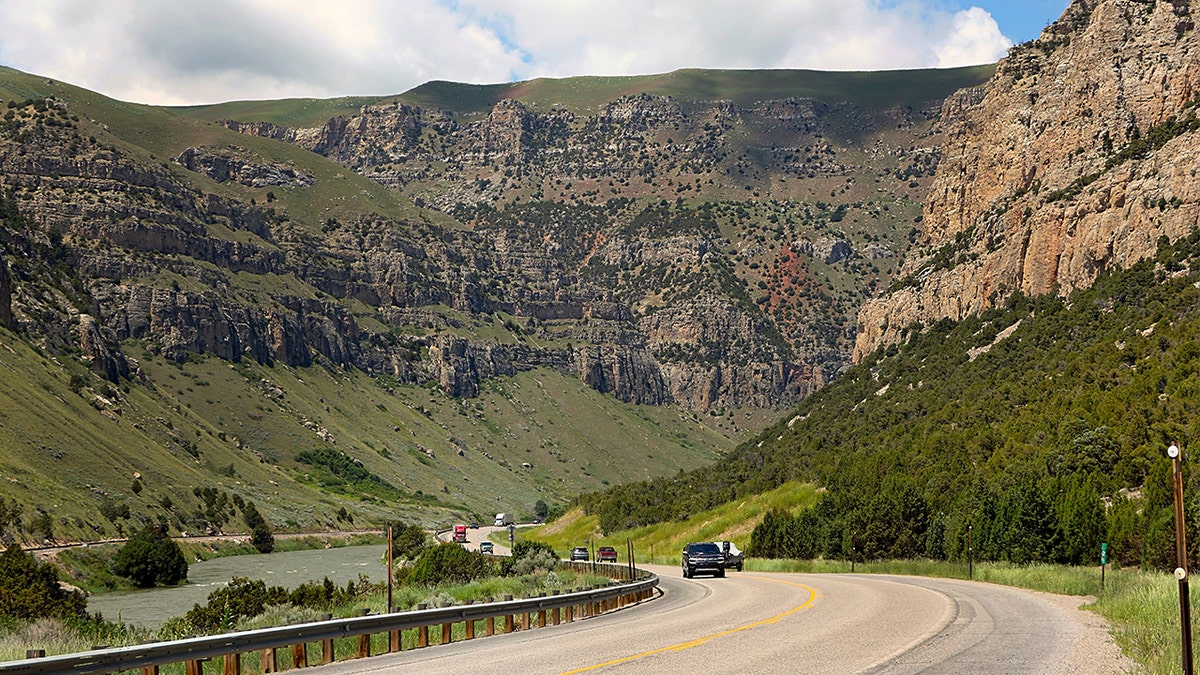
A Commitment to Change
Modeling their new bill on Florida’s HB 621, Anderson underscored the urgency: “When someone unlawfully occupies your home, it feels like an invasion. Homeowners should have the right to reclaim their spaces without being left helpless.” The bill also aims to tackle fraudulent documentation that squatters sometimes use to bolster their claims.
Despite the legislative momentum, concerns linger. Cammarata, a local legal expert, voiced reservations about the bill granting police immunity. “While I support the intent, I worry this could lead to overly broad protections devoid of accountability,” he cautioned. He reflects on a fundamental truth: law enforcement should operate within the bounds of community protection, not away from it.
Tension rises as proposals dictate that homeowners calling for police assistance may find themselves footing the bill for those services. “We pay taxes for public safety, yet now I’m being told I also need to pay for peace of mind?” Cammarata questioned, shining a light on the complexities of this ongoing dilemma.
The Road Ahead
As this bill awaits its fate on the Senate floor, Boril remains hopeful yet weary. “I just want a safe place for my tenants and myself,” she said, embodying a sentiment prevalent among homeowners facing these new challenges. The push for this legislative change represents more than just a legal victory; it symbolizes the resilience of people determined to protect their homes and communities.
Interestingly, in Wyoming, the average homeowner spends between $8,000 and $15,000 annually on property upkeep, which makes Boril’s initial estimate of damages all the more poignant. This statistic highlights both the emotional and financial investments that homeowners like her pour into their properties, and the vulnerability posed by such unforeseen circumstances.
The legislative discourse surrounding squatting will undoubtedly continue, but for Boril and many like her, this moment feels like the dawn of a much-needed change.




































